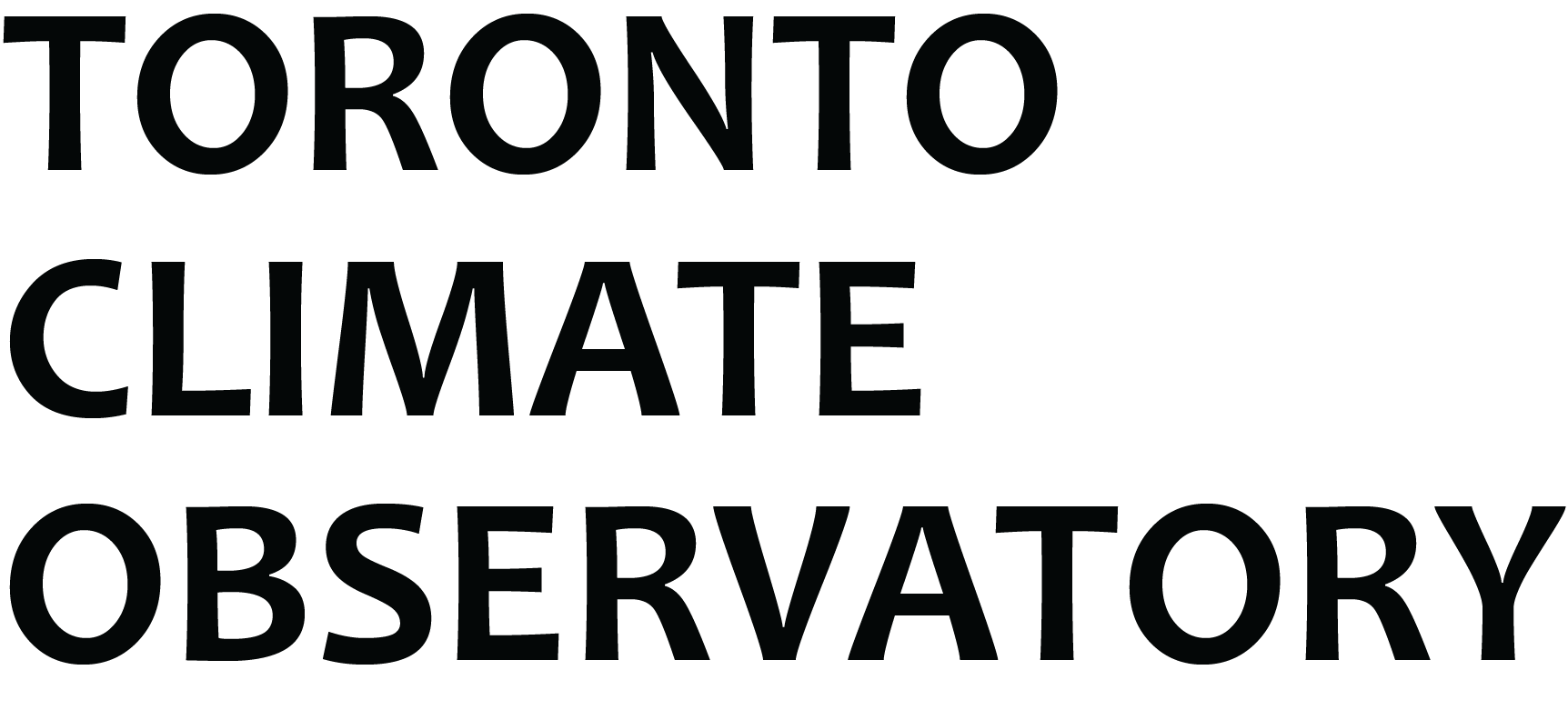Eighteen Toronto banks, pensions and asset managers responsible for financing emissions that are almost 2x Canada’s total emissions, nearly 100x City of Toronto’s emissions.
If Bay Street was a country, it would be the 5th largest climate polluter in the world, behind only China, the United States, Russia, and Japan.
(Toronto, October 8, 2024) – Toronto’s top financial institutions financed over $1.43 trillion CAD ($1.1 trillion USD) in fossil fuel companies in 2022, contributing to at least 1.44 billion tonnes of CO2 emissions- nearly twice the total emissions of Canada, and nearly 100 times the total emissions of the City of Toronto, according to a new report from the Toronto Climate Observatory, a research hub based at the University of Toronto (U of T).
As the financial world gathers in Toronto for the Principles for Responsible Investment conference, this report casts a spotlight on the city’s financial sector and its outsized role in driving the global climate crisis.
“The report demonstrates, beyond any doubt, the critical role that the City of Toronto must play in the fight against global climate change and a just transition to low carbon economy, given the outsized contribution its city-headquartered financial institutions are having on our climate,” said Dr. Robert Soden, lead of the Toronto Climate Observatory at U of T and a co-author of the report.
In 2022, only the United States, the EU as a whole, India, China, and Russia were responsible for more climate emissions than those attributable to the Toronto financial institutions included in the report.
The analysis includes financed emissions from six banks, six asset managers, and six pension funds, and the loans, bonds, and equity associated with each institution. Analysis of reporting found widespread discrepancies between the emissions reported by financial institutions and the actual emissions their financing enables. Some institutions may be underreporting by as much 2,000%. This hinders transparency and accountability, and highlights the need for regulation to ensure consistent reporting that meets international standards.
As a result, estimates are conservative and should be viewed as an indicative minimum; the actual amount of financed emissions from Toronto’s financial sector is likely much higher.
Toronto and Southern Ontario have been experiencing the impacts of climate inaction, and have been paying a steep price for it. In 2022 alone, catastrophic flooding across the city and Southern Ontario resulted in $940 million CAD in insured damages, with the City itself shouldering part of the financial burden.
These climate disasters are not isolated events—they are direct consequences of the massive emissions fueled by Toronto’s financial institutions.
The Intergovernmental Panel on Climate Change is among the organizations that have warned that climate-related financial risks threaten the stability of Canada’s financial sector and economy as a whole.
Regulation of the financial system is imperative to address the climate crisis and ensure a liveable future for Torontonians and all.
Key Recommendations:
- Mandate Uniform Climate Reporting Standards: The report emphasizes the need for uniform and improved reporting standards. Financial institutions must adopt consistent methodologies for disclosing emissions, especially for indirect (Scope 3) emissions, which make up the bulk of their financed emissions.
- Enforce Credible Climate Transition Plans: These must be mandated by the federal government for all financial institutions in Canada. Climate Transition Plans are a key recommendation from the United Nations’ High-Level Expert Group on Net-Zero Commitments of Non-State Entities, and have been modelled by multiple third-party organisations, such as the Glasgow Financial Alliance for Net-Zero and Investors for Paris Compliance. It is clear that simply reporting emissions is not enough.
- Enhance Regulatory Oversight: The federal government, through bodies such as the Office of the Superintendent of Financial Institutions (OSFI), must take a more active role in overseeing financial institutions’ climate-related activities, ensuring that high-emitting investments are curbed, and capital is redirected toward climate solutions.
- Toronto’s Leadership Opportunity: The City of Toronto should take an active role in advocating for climate aligned policies at the federal and provincial levels, ensuring that financed emissions from Toronto-based financial institutions are transparently reported and that Climate Transition Plans are mandated. The City of Toronto should join initiatives like C40 Divest Invest Accelerator to ensure alignment of its own funds with its net zero goals and use spaces like the G20 and COP29/30 to advocate for greater ambition by financial institutions headquartered in the city. To lead by example, Toronto should integrate financed emissions into its carbon budget by calculating and disclosing emissions from investments and loans made by local Financial Institutions.
As the largest financial hub in Canada and one of the world’s most influential cities, Toronto holds the power to improve climate accountability on a global scale.
For More Information:
Robert Soden, report co-author, professor, University of Toronto soden@cs.toronto.edu
Josslyn Johnstone, media relations, University of Toronto josslyn.johnstone@utoronto.ca
The Toronto Climate Observatory (TCO) is an interdisciplinary initiative hosted at the University of Toronto. Our mission is to reimagine how communities around the Greater Toronto Area (GTA) understand and adapt to the impacts of climate change, and support place-based, pluralistic, and just climate action. Read more about our work at http://climateobservatory.ca.


